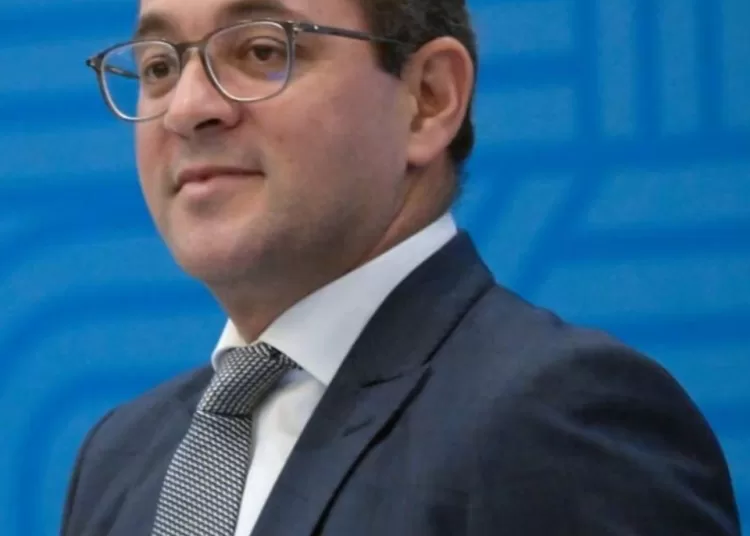Cairo eyes sustainable sovereign financing for climate projects
Egypt’s Minister of Finance, Ahmed Kouchouk stressed Egypt’s keenness to take part with world countries in playing a “decisive and influential” role in ensuring the sustainability of financial conditions and bridging the gap between ambitions and capabilities.
The minister’s remarks were made yesterday during the “Coalition of Finance Ministers for Climate Action” in Baku, Azerbaijan.He has pointed out that the collective international action is pushing efforts to build an “ambitious climate financing structure” that is more responsive to emerging economies.
“There should be a greater role for financial institutions, international partners, and the private sector in pushing climate investments in developing countries,” Kouchouk said, stressing that a balance must be achieved between development and climate goals, taking into account varying priorities, needs, and capabilities of countries.
He has made it clear that there should be global financial mechanisms for providing soft financing with various innovative tools that help reduce risks in developing countries.
Kouchouk also stressed the importance of maximizing the use of risk-sharing instruments such asguarantees and insurance mechanisms to increase the flow of investment towards national goals.
Minister Koucouk has said that Egypt is looking forward to a partnership of international institutions and investors to enhance investment inenergy, water and food security.
“We have issued green bonds within a sustainable sovereign financing framework for climate projects. We are seeking more diversification of tools and markets.We have already used the returns of these green bonds to finance renewable energy, clean transportation, water, and sanitation initiatives,” he added.
Green economy
The Egyptian government has been boostingthe green economy for sustainable development in the wake of its commitment to the requirements of climate action. It aims for renewable energy to reach 42 per cent of its electricity generation mix by 2030, but that goal will be at risk without more international support.Currently, solar, wind, and hydropower make up only 11.5 per cent of Egypt’s electricity generation, according to a July cabinet report.
In 2020, Egypt issued its first green bonds worth $750 million to have become the first country to launch such an eco-friendly instrument in Africa and the Middle East.
In February, Egypt signed seven memoranda of understanding with international developers in the fields of green hydrogen and renewable energy in the Suez Canal Economic Zone that could lead to total investment worth around $40 billion over 10 years.
The state is determined to carry on with development projects nationwide and simultaneously go ahead with a second round of reforms to bolster the country’s economic structure.
The ultimate objective of these reforms is to improve living standards and improvepublic services.
Basically, green growth is aimed at the enhancement of resource management to increase productivity. However, we should deem green growth as a long-term means – not an ultimate target — to safeguard the nation’s natural and social capital.
$20 billion in aid
A group of conflict-affected countries is pushing at COP29 to double financial aid to more than $20 billion a year to combat the natural disaster and security crises facing their populations, a letter seen by Reuters showed.
The group is one of several pitching at the climate talks in Azerbaijan this week for funds to better prepare for the impacts of extreme weather as countries seek to agree a new annual target on financing.
Island nations, for example, argue climate change threatens their very existence as seas rise, while rainforest nations say they need more money to protect their vast carbon sinks.
Countries mired in conflict and its aftermath say they have struggled to access private investment, as they are seen as too risky. That means U.N. funds are even more critical to their populations, many of whom have been displaced by war and weather.
In response, the COP29 Azerbaijan Presidency on Friday will launch a new ‘Network of Climate-vulnerable Countries’, including a number of countries that belong to the g7+, an intergovernmental group of fragile countries, which first sent the appeal.
The network aims to advocate as a group with climate finance institutions; build capacity in member states so they can absorb more finance; and create country platforms so investors can more easily find high-impact projects in which to invest, said think tank ODI Global, which helped the countries create the network.






Discussion about this post